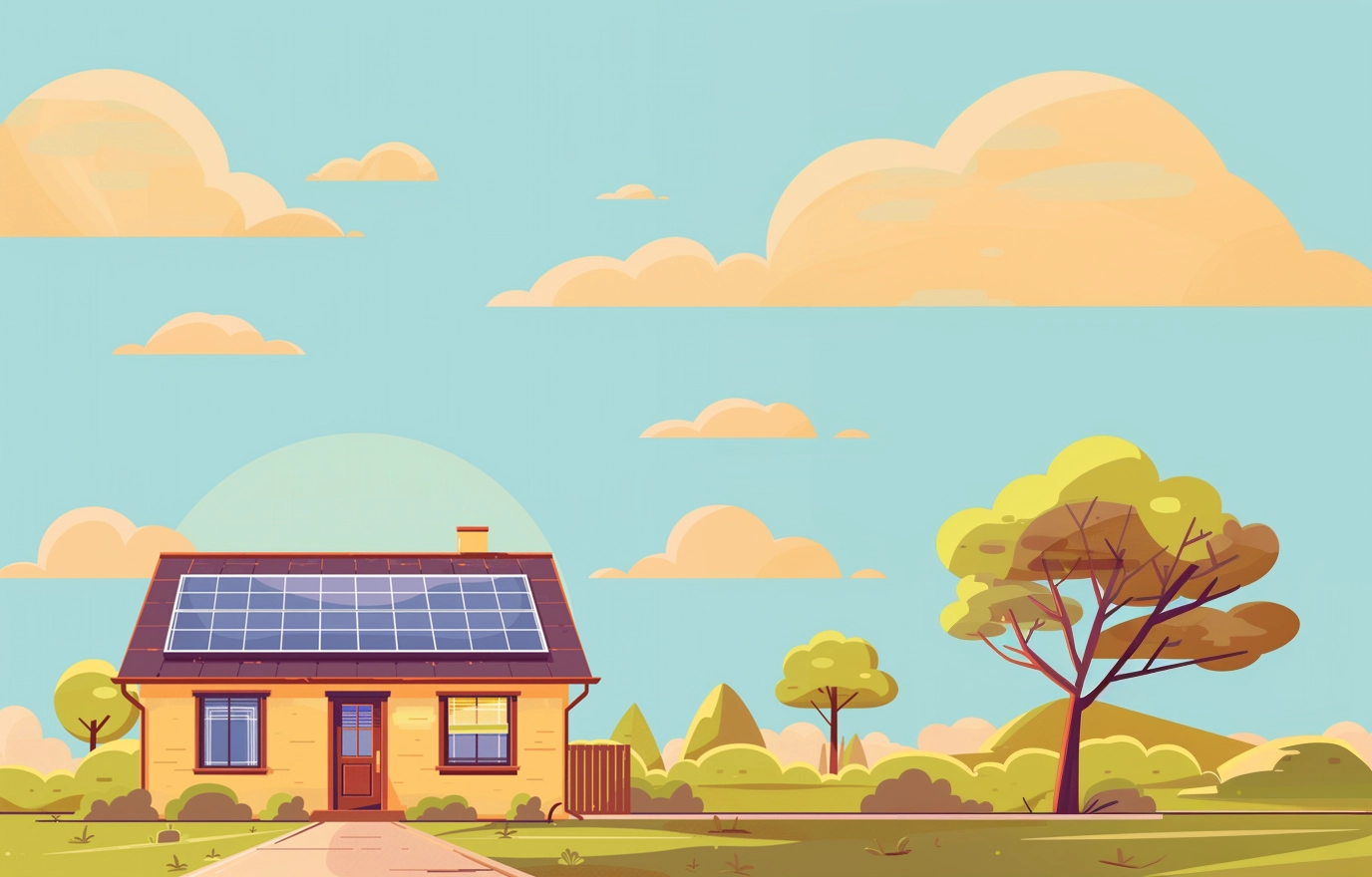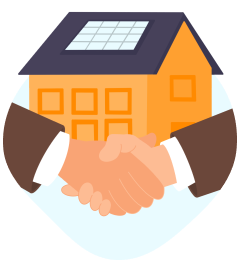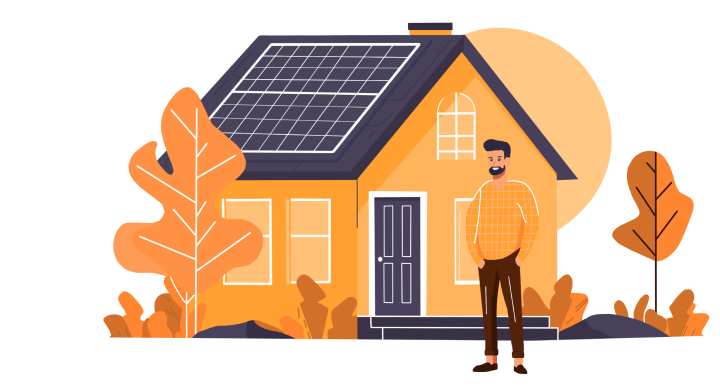Short answer: Yes, it's possible to self-install your solar panel system, but it's better to let a professional handle the process.
If you have been searching "install my own solar panels" online, you might want to reconsider. While the idea of self-installation might seem like a great way to save money, you need to be aware of the potential risks. Many people underestimate the expertise needed to handle these tasks, which can lead to costly or even damaging mistakes.
Let's explore what's involved in solar installations and why you should reconsider having a solar power DIY installation.
#1: Safe and up-to-date installations require skills and expertise.
Deciding to "install my own solar panels" is more than just fixing them on your roof.
Solar installation requires a strong understanding of electrical systems and building codes. Not to mention, basic knowledge of electrical wiring and safety precautions is crucial for a successful installation. Without basic electrical knowledge, you're venturing into tricky territory.
Accuracy in wiring and mounting is also critical for the safety and efficiency of your solar panel setup. This is because mistakes can lead to safety hazards like overheating, electrical faults or even structural damage, undermining your solar panel performance and energy production.
#2: There are legal and permit requirements to meet.
Most local authorities require permits for solar installations. This is true even for do-it-yourself projects, which means that when you install solar DIY-style, your project is subject to the same scrutiny and compliance requirements. Each state and city can have specific guidelines that need to be followed to avoid safety hazards and potential legal compliance issues.
With that in mind, navigating permit requirements can be daunting, but you don't have to do it alone. Local solar power installers are seasoned in handling these regulatory procedures daily. They're likely better equipped to navigate these requirements and have the experience to guide you through the process.
By leveraging their expertise, you not only save time you'll have spent installing solar panels yourself but also avoid the pitfalls of non-compliance, ensuring a smooth installation experience.
#3: Industry-specific tools and equipment are required for installation.
Solar installation requires specific tools unique to the process. This means that if you want to "install my own solar panels," some steps will require specialized equipment for roof work and solar panel mounting.
For example, specific wiring kits facilitate clean and efficient connections between panels, minimizing or entirely avoiding the potential mistakes of piecemeal wiring. Your solar energy setup will also need an inverter to convert the currents generated by residential solar panels into currents compatible with your appliances.
These are just a few of the many aspects of installing solar panels that you could miss without professional help.
Proper and professional installation enhances both safety and efficiency.
If you're ready to set aside your DIY "install my own solar panels" project and switch over to a professional provider, then Solar Energy Host can connect you with top local providers to ensure you receive the most competitive quotes for solar panel installation.
Getting competitive quotes for solar installations is easier with Solar Energy Host. We work with a network of top local providers who can offer you the best prices for professional installation. This approach not only saves you money but also alleviates the stress of finding trustworthy installers on your own.
Provide us with basic information regarding your solar panel installation preferences, and we'll deliver cost estimates from reputable solar installation companies and providers straight to you.
Frequently Asked Questions (FAQ)
What types of solar panels are best for DIY installation?
Generally, monocrystalline panels are typically more efficient, capturing more sunlight in smaller or limited roof areas. Meanwhile, polycrystalline panels are often more affordable while still providing reliable performance. Both types are known for their long lifespans and robust durability against various weather conditions.
That being said, a professional can better help you choose the right solar panels for your premises. Reconsider an "install my own solar panels" DIY-style project—Solar Energy Host can help you connect with a solar provider.
How can I assess if my roof is suitable for solar panel installation?
You can assess if your roof is suitable for solar panel installation by evaluating its pitch, orientation, structural integrity and potential for sunlight exposure.
A roof's pitch directly affects the angle at which sunlight hits and is absorbed by the panels; ideally, it should be between 20 and 40 degrees. A stable roof must also support the weight of the panels and be able to withstand drilling for mounting hardware without losing structural integrity.
How long does it typically take to install solar panels on your own?
Depending on the complexity and equipment needed, a smaller, more straightforward solar power installation might take a couple of days, while larger systems with multiple components and custom configurations can take up to a week.
Even seasoned DIY solar panel setup installers will have difficulty with more complex "install my own solar panels" undertakings, even with a solar installation guide.
Professional solar installations can get the job done quickly and more efficiently while adhering to code and local regulations. Professional skills and experience are also required for tasks such as photovoltaic panels mount rigging, electrical wiring, inverter configuration and solar panel maintenance.
Switch to Green Power with Solar Energy Host
At Solar Energy Host, we make it easy and efficient to reduce electricity bills while leaving a positive impact for generations to come. Join countless homeowners who have switched to a sustainable future with us and get your free solar installation cost estimate today!



















